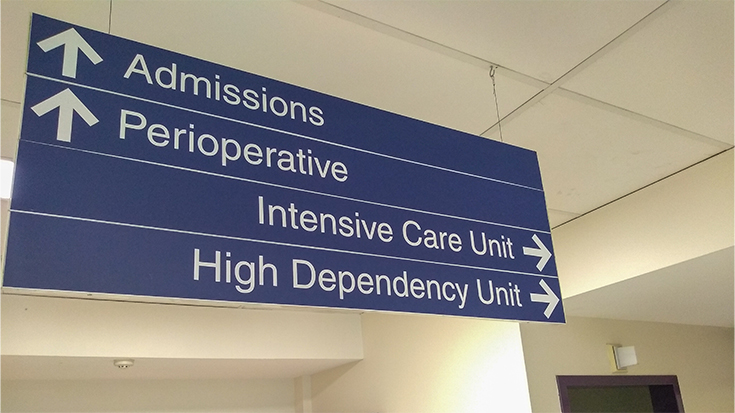
A new study conducted by researchers in New Zealand suggests people who are more physically fit in childhood and adolescence have better lung function later in life. Published in the European Respiratory Journal, the study was conducted among 2,406 children who were assessed for physical fitness and lung function several times as they grew up and then again when they were adults. The more their fitness improved, the more their lung function improved, even when factors like height, weight, asthma, and smoking were taken into account.
What does this mean for children with asthma? Mike Shoemaker, MBA, RRT, RRT-NPS, AE-C, offers his take.
Physical fitness matters

“This research reaffirms the need to encourage children to be active throughout their childhood,” said Shoemaker, manager of respiratory care services and pulmonary rehab/diagnostics and site coordinator for the Asthmania Academy at AnMed Health Women’s and Children’s Hospital in Anderson, SC.
He believes it’s especially interesting that these findings were seen not in kids with preexisting lung disease, obesity, or other conditions that would suggest exercise would improve lung function, but in healthy normal kids.
“Even in healthy children, the study shows better lung function in children who have better overall physical fitness,” he said. “Encouraging activity at a young age may lead to decreased incidence of chronic lung disease in adulthood.”
Reinforcing the message
Shoemaker believes exercise can have a wealth of benefits for kids with asthma.
“Asthma coupled with inactivity and a sedentary lifestyle is associated with poor disease outcomes,” he said. “Children with asthma should be encouraged to remain active because it can lead to better lung health and better asthma outcomes, in addition to the other known benefits of exercise and physical activity.”
He says respiratory therapists who work with pediatric asthma patients can and should be reinforcing that message any time they get the chance.
“We need to help children and their families understand that even with a diagnosis of asthma, children can fully participate in physical activities,” Shoemaker said.
He finds it helpful during these discussions to have a list on hand of well-known athletes with asthma who didn’t let the condition stand in their way.
Among the group: Tyson Chandler, NBA basketball player with the Phoenix Suns; Jackie Joyner-Kersee, a three-time Olympic gold medalist in track and field; former NFL football player Jerome “The Bus” Bettis; and professional racecar driver TJ Fischer.
No limits
Clearly, convincing children with asthma – and their parents – that asthma should not limit what the child can do can go a long way to improving overall asthma care.
“As respiratory therapists, we can help parents and children understand that asthma can be controlled and that a child with well-controlled asthma can be just as active as his or her friends who do not have asthma,” says Shoemaker.
Asthma and Allergy Awareness Month
May is Asthma and Allergy Awareness Month, along with National Cystic Fibrosis Awareness Month, and we have collected great resources you can use to let your communities know about these conditions and how RTs are involved in their care. LEARN MORE
Email newsroom@aarc.org with questions or comments, we’d love to hear from you.














